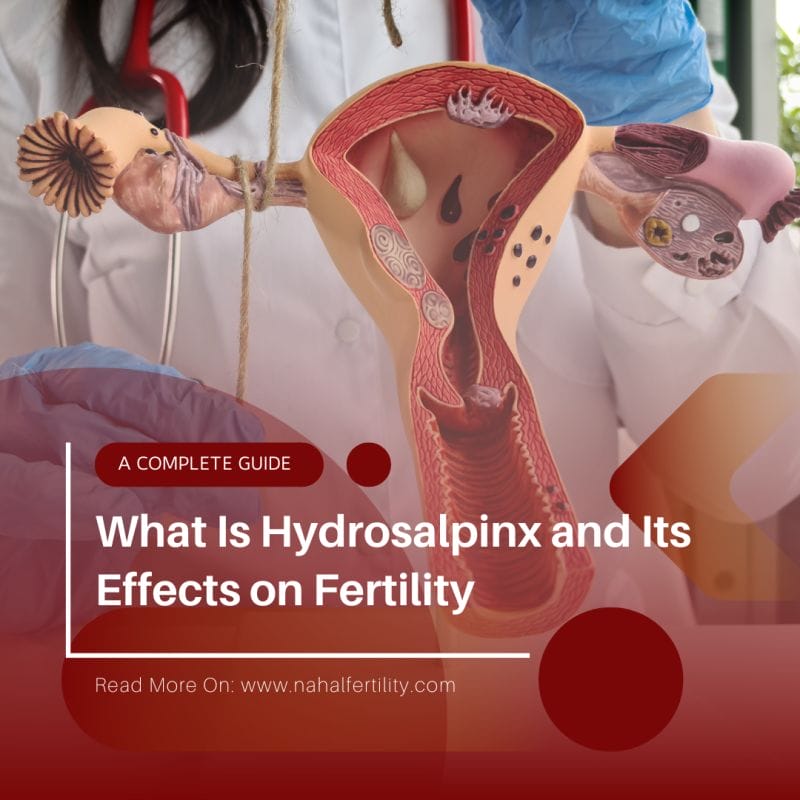How can smoking affect your fertility? Ever wondered if that occasional drink could be influencing your chances of starting a family? Well, you are not alone; a lot of people are looking for these answers.
An eye-opening experience in our fertility lab revealed surprising truths about how smoking and alcohol consumption can impact fertility. In this blog post, we’ll look into real-life cases, scientific insights, and practical advice on how these habits may affect your reproductive health.
A Revealing Fertility Lab Experience: Drinking and Egg Quality
I’ll start with an anecdote that left a lasting impression on our entire team. On the day of an egg retrieval, a seemingly healthy patient underwent the procedure, and her eggs were collected. As our laboratory director began the Intracytoplasmic Sperm Injection (ICSI) process, he paused and asked, “Is this patient a heavy drinker or smoker?”
From her medical history and our interactions, she appeared quite healthy. The patient hadn’t mentioned any excessive drinking or smoking habits. Our director then showed us her eggs under the microscope—they were unusually dark and of poor quality.
Later, when we discussed this with the patient, she admitted to drinking and smoking regularly. The fertilization process was delayed, and the embryo quality was compromised. This experience underscored a critical point: smoking and alcohol can affect fertility profoundly, even if it isn’t immediately apparent.
How Can Alcohol Affect Fertility in Women?
Alcohol consumption can have subtle yet significant impacts on female fertility. While the occasional drink might not cause immediate harm, excessive alcohol intake can lead to:
- Poor Egg Quality: Alcohol can alter hormone levels, disrupting ovulation and leading to the development of poor-quality eggs.
- Reduced Fertilization Rates: Impaired egg quality can result in lower fertilization rates, even with assisted reproductive technologies.
- Decreased Egg Survival: Eggs exposed to high levels of alcohol may have lower survival rates during freezing and thawing processes.
Studies have shown that women who consume alcohol excessively may experience delays in conception and are at higher risk for fertility issues.

The Impact of Smoking on Egg Quality
Smoking introduces numerous toxins into the body, many of which can directly harm the ovaries and eggs. Here’s how smoking affects female fertility:
- DNA Damage: Chemicals in cigarettes can cause genetic abnormalities in eggs.
- Early Menopause: Smoking is associated with earlier onset of menopause, reducing the reproductive window.
- Impaired Implantation: Smoking can affect the uterine lining, making it harder for a fertilized egg to implant.
According to the American Society for Reproductive Medicine, smoking can reduce a woman’s chances of conceiving by up to 50% 2.
Can Alcohol Affect Men's Fertility?
Absolutely. Male fertility is equally susceptible to the negative effects of smoking and alcohol.
Effects of Alcohol on Male Fertility
- Reduced Sperm Count: Alcohol can decrease testosterone levels, leading to lower sperm production.
- Poor Sperm Motility: Alcohol impairs the ability of sperm to swim effectively towards the egg.
- Abnormal Sperm Morphology: Excessive drinking can result in sperm with abnormal shapes, reducing fertility.
Smoking's Impact on Male Fertility
- DNA Fragmentation: Smoking can cause DNA damage in sperm, increasing the risk of miscarriage and genetic abnormalities.
- Decreased Sperm Quality: Smoking reduces sperm count, motility, and overall quality.
- Erectile Dysfunction: Nicotine and other chemicals can impair blood flow, leading to difficulties with erections.
The good news is that sperm production occurs every three months, so positive lifestyle changes can improve sperm quality over time 3.

Reversibility and Recovery: Is It Ever Too Late?
For men, reducing alcohol and smoking can lead to significant improvements in sperm quality within a few months. Incorporating vitamins, antioxidants, and a healthy lifestyle accelerates this recovery.
For women, the situation is more complex. While some effects of smoking and alcohol are irreversible, reducing these habits can improve overall reproductive health and increase the chances of conception.
Practical Steps to Improve Fertility
If you’re trying to conceive, consider the following steps:
- Limit Alcohol Intake: Stick to moderate drinking or abstain altogether.
- Quit Smoking: Seek professional help if necessary to stop smoking.
- Adopt a Healthy Diet: Incorporate fruits, vegetables, whole grains, and lean proteins.
- Exercise Regularly: Maintain a healthy weight through regular physical activity.
- Manage Stress: Practice relaxation techniques like yoga or meditation.
- Consult a Fertility Specialist: Get personalized advice and assessments.
Frequently Asked Questions
Avoid alcohol during IVF injections is recommended. Alcohol can interfere with hormone levels, reduce egg quality, and lower the success rate of IVF treatments. Doctors recommend abstaining from alcohol entirely from the start of hormone stimulation until the pregnancy test.
Yes, alcohol can affect fertility when trying to conceive. It disrupts hormone balance, lowers egg and sperm quality, and reduces chances of successful conception. Even moderate drinking may delay pregnancy, so minimizing or avoiding alcohol increases fertility potential for both partners.
Smoking weed affects fertility by reducing sperm count and motility in males and disrupting ovulation and menstrual cycles in females. THC alters hormone levels in both sexes, potentially lowering the chances of conception and delaying pregnancy.
Yes, smoking cigarettes can reduce fertility by damaging eggs in women and lowering sperm quality in men. Toxins in cigarette smoke disrupt hormone production and accelerate reproductive aging. Quitting smoking early significantly improves the chances of natural conception.
Male and female smoking both negatively affect fertility, but in different ways. Male smoking lowers sperm count, motility, and DNA quality. Female smoking damages eggs, disrupts hormone levels, and harms reproductive organs. The overall fertility impact is significant for both sexes.
Conclusion
Just like many other negative health outcomes, smoking and alcohol consumption do impact fertility. The effects are more severe with excessive use, but even moderate habits can have subtle impacts. We all need a way to unwind, but it’s worth thinking twice about that extra drink or cigarette when you’re planning to start or expand your family.
Take charge of your reproductive health today—small changes can make a big difference!
Have questions or personal experiences to share? Contact us today, we care for you and we will answer your questions






